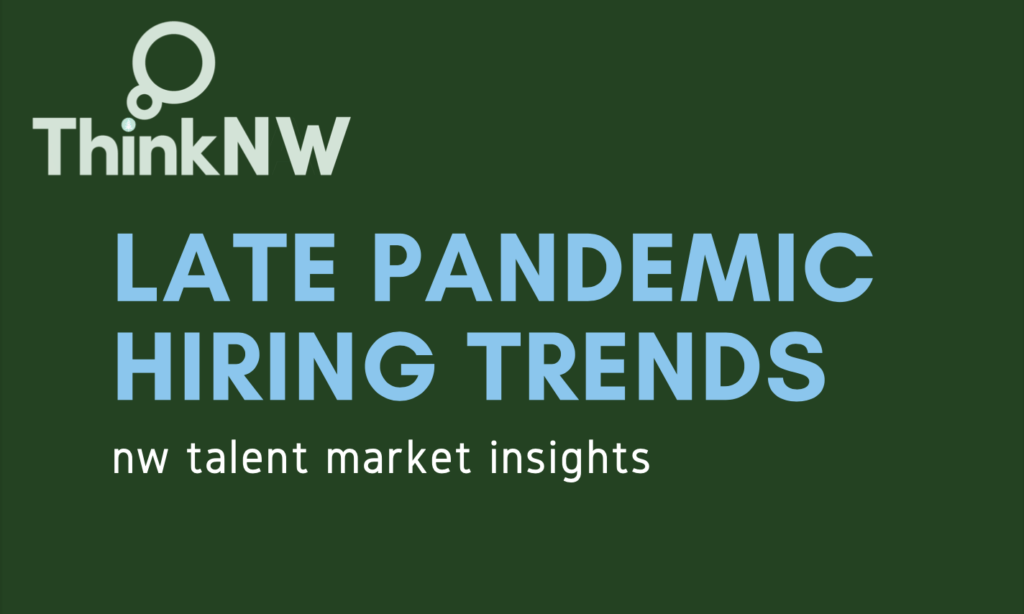Your Next Career Chapter: Monetizing Strengths, Knowledge and Networks

Despite a strong economy, layoffs plague the advertising and MarTech industry. In fact, 2023 saw a 396% increase in job cuts over 2022. Regardless of the reasons for the job losses, many seasoned (read: over 50-year-old) marketing professionals find themselves in a difficult position to find new positions where more junior, affordable talent may suffice.
I found myself in this position last summer, and, after six months of looking for a chief marketing officer (CMO) role, I decided to return to the solopreneur lifestyle I had left more than two decades ago.
I’m highlighting an approach I took to rebuilding income streams based on existing assets I have developed throughout my 30-year career. If it works for me, it can work for you, regardless of your area of discipline, industry expertise, or geographic location.
“Learn, earn, return – these are the three phases of life.”
Jack Balousek
“There is no more noble occupation in the world than to assist another human being – to help someone to succeed.”
Alan Loy McGinnis
According to McGinnis, those over fifty should focus on transitioning from Earning to Returning at this stage in their career. Unfortunately, Earning continues to be a reality for a substantial number of professionals near or past retirement age, which makes Returning more challenging. In my case, I have always continued Learning and started Returning through volunteer work since I graduated college. Most importantly, I see no reason to ever stop Earning.
My first piece of advice: never stop Learning, Earning and Returning.
When maximizing your earnings, there are four essential assets to leverage. The first is your Unique Ability, aka Freak Factor. The concept is simple but essential: understand what you do better than everyone else and ensure you utilize that “superpower” in your new and improved role.
For example, I enjoy speaking and writing but am also very proficient in this area (according to industry publications and event organizers). As a result, I’m looking to build my next role as a full-time thought leader, where my key responsibilities include speaking, writing and being a subject matter expert (SME) resource for the media. Over time, there are revenue streams available as a speaker and writer I have just begun to tap.
The second leverageable asset is the collective knowledge and experience you have gained throughout your marketing career.
In my case, I am leveraging 28 years of digital marketing experience as a strategic consultant for small businesses. The consulting fees may be modest initially but can become substantial based on your motivation and sales, marketing, and client service prowess. In my case, I have been a part of 11 agencies servicing over 1,200 clients in my career, so it has been much easier for me to step back into the consulting role, a journey I originally started in 1997. Whether you sell yourself as a consultant or join a collective of fractional executives, there are many opportunities to monetize your experience outside of a standard W-2 role.
The third leverageable asset available to grow income is your network. This is one of the least appreciated and most undervalued assets you have. Over my career, for example, I’ve built a network of 24,000+ LinkedIn connections, 12,100+ LinkedIn Group members, 6,100+ Twitter/X followers, and many other professionals across my pdxMindShare network.
It seems ludicrous to avoid creating value through my network as a connector. As a result, I have curated relationships with marketing-related vendors and regularly make introductions. If those introductions lead to new business for my partners, I receive a commission. You can do the same with your network; it starts with a conversation with potential vendor partners.
The fourth but most crucial leverageable asset is your passion. Too often, I see marketing professionals become trapped in a role in which they are proficient but provide no joy, let alone satisfaction. Being good at a particular discipline can only take you so far. Harnessing your passion, however, manifests as work so fulfilling that it does not feel like work.
I have often stated, “I’d speak and write for free, as it provides me so much joy it doesn’t feel like a job.” Last year, I was forced to put my statement to the test when I left my role as CMO. I continued to speak and write for free, as I was no longer employed yet found sufficient joy in being a self-funded thought leader.
For the next chapter of my career as a seasoned executive-turned-consultant-and-thought-leader I have been fortunate to have a solid foundation on which to build. If you lack a similar foundation (including an incorporated legal entity and experience running a service-based business), fear not, as I have curated a list of articles that will help refine your direction and identify critical next steps in your journey.
- Six steps to a fulfilling and financially rewarding career
- Take this quiz to find out if you have found your Dream Job
- Mastering the Art of Networking: Insights from Kent Lewis and his First-Class Approach
- How to build your personal brand via public relations
- How to Become an Industry Influencer (Part 1 of 2)
- How to Become a Professional Speaker (Part 2 of 2)
- 27 Years of Business Advice from an Entrepreneur & Marketer
Whether you are unemployed, underutilized in your current role, or looking to create more meaning and value in your career, consider monetizing four essential assets: unique ability, knowledge, network, and passion. When combined, these assets have an exponential impact on your earning potential, happiness, and well-being.


